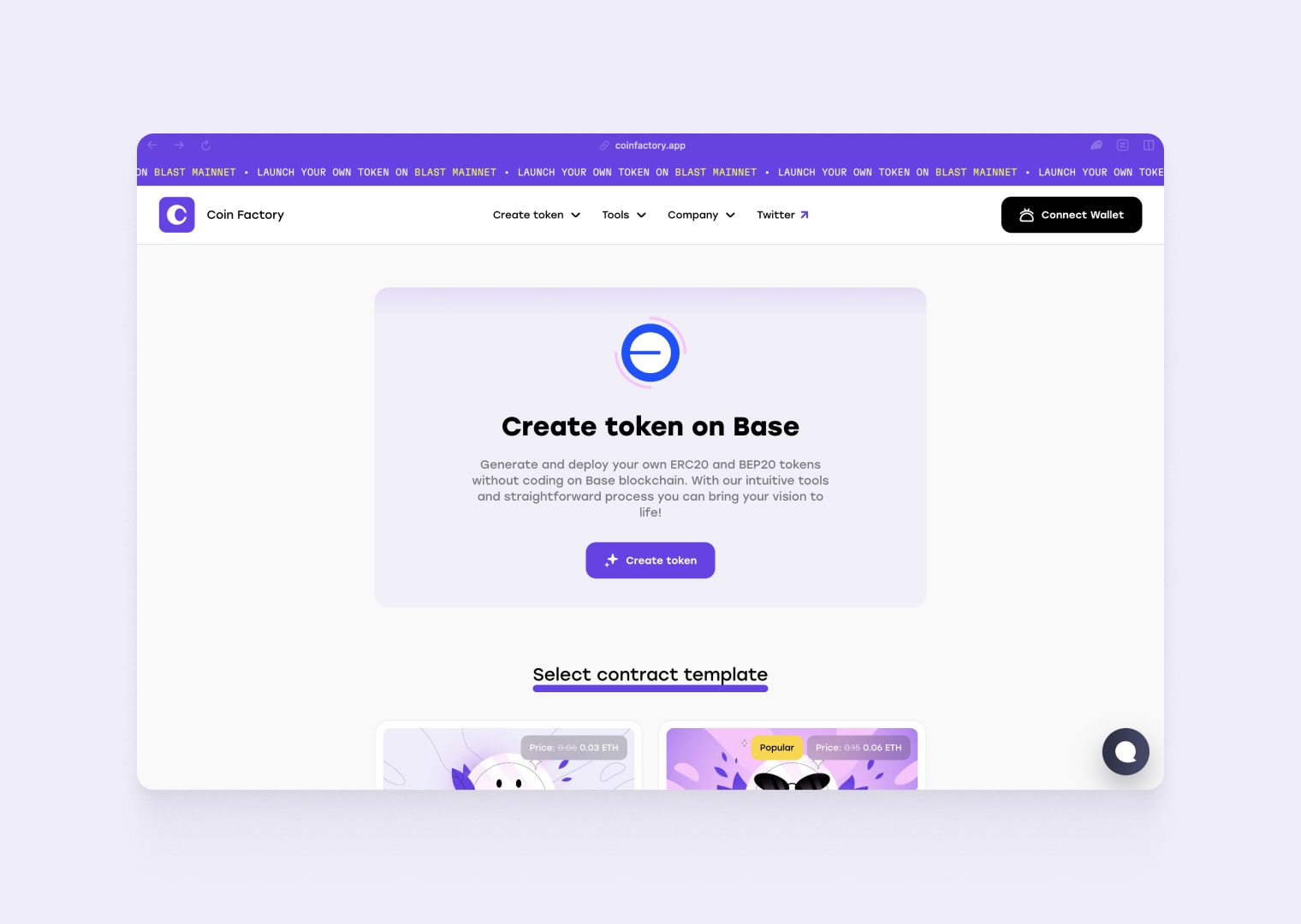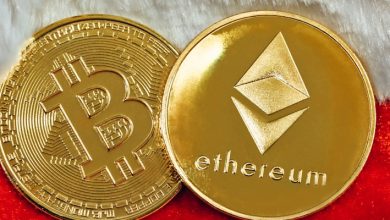Platforms for Creating Your Own Tokens

- Understanding Token Creation Platforms
- Exploring the World of Tokenization
- Choosing the Right Platform for Your Token Project
- Step-by-Step Guide to Creating Your Own Tokens
- Comparing Popular Token Creation Platforms
- Tips for Successful Token Creation on Platforms
Understanding Token Creation Platforms
Creating your own tokens can be a lucrative venture in the world of cryptocurrency. Understanding token creation platforms is essential for anyone looking to get started in this space. These platforms provide the tools and resources needed to create, manage, and distribute tokens on the blockchain.
One of the key benefits of using a token creation platform is the ability to customize your tokens to suit your specific needs. Whether you are looking to create a utility token for a specific purpose or a security token for investment purposes, these platforms offer a range of options to help you achieve your goals.
Additionally, token creation platforms often provide built-in smart contract functionality, which can help automate various processes related to token issuance and management. This can save you time and effort, allowing you to focus on other aspects of your project.
When choosing a token creation platform, it is important to consider factors such as security, scalability, and ease of use. Look for platforms that have a proven track record of success and offer comprehensive support to help you navigate the token creation process.
Overall, understanding token creation platforms is crucial for anyone looking to create their own tokens. By leveraging these platforms, you can bring your token project to life and tap into the exciting world of cryptocurrency.
Exploring the World of Tokenization
Exploring the world of tokenization opens up a realm of possibilities for individuals and businesses looking to create their own digital assets. Tokenization involves converting real-world assets into digital tokens that can be traded on blockchain platforms. This process allows for fractional ownership, increased liquidity, and enhanced security.
By leveraging tokenization, individuals can tokenize a wide range of assets such as real estate, art, stocks, and even intellectual property. This democratizes access to investments that were previously out of reach for many people. Businesses can also benefit from tokenization by creating loyalty points, reward systems, or even launching their own cryptocurrency.
Platforms for creating your own tokens provide the tools and infrastructure needed to tokenize assets efficiently and securely. These platforms offer customizable solutions that cater to the specific needs of users, whether they are looking to tokenize a single asset or create a diverse portfolio of digital tokens.
Tokenization platforms typically utilize smart contracts to automate the issuance, distribution, and management of tokens. This ensures transparency and trust in the tokenization process, as all transactions are recorded on the blockchain and cannot be altered. Additionally, these platforms often provide compliance features to ensure that tokenized assets adhere to regulatory standards.
Choosing the Right Platform for Your Token Project
When it comes to **choosing** the **right platform** for your **token project**, there are several factors to consider. **Selecting** the **best platform** will **impact** the **success** of your **token creation** and **distribution**. One **important aspect** to **evaluate** is the **features** and **capabilities** of the **platform**. **Ensure** that the **platform** you **choose** **offers** the **functionality** you **need** to **achieve** your **goals**.
Another **consideration** is the **level** of **technical expertise** **required** to **use** the **platform**. **Some platforms** are **designed** for **beginners**, while **others** **require** **advanced** **knowledge** of **blockchain technology**. **Evaluate** your **team’s** **skills** and **capabilities** to **determine** which **platform** will be the **best fit**.
Additionally, **take into account** the **cost** of **using** the **platform**. **Some platforms** **charge** a **fee** for **token creation** and **distribution**, while **others** **offer** **free** **services**. **Consider** your **budget** and **weigh** the **cost** **against** the **features** and **benefits** of each **platform**.
Lastly, **consider** the **reputation** and **track record** of the **platform**. **Look** for **reviews** and **feedback** from **other users** to **determine** if the **platform** is **reliable** and **trustworthy**. **Choosing** a **platform** with a **good reputation** can **help** **ensure** the **success** of your **token project**. **By** **carefully** **evaluating** these **factors**, you can **select** the **right platform** for your **token creation** **project**.
Step-by-Step Guide to Creating Your Own Tokens
Creating your own tokens can be an exciting venture in the world of cryptocurrency. Follow these steps to get started:
1. **Research**: Before diving into creating your own tokens, it’s essential to do thorough research. Understand the different platforms available for token creation and the various features they offer.
2. **Choose a Platform**: Select a platform that aligns with your goals and technical expertise. Popular platforms for creating tokens include Ethereum, Binance Smart Chain, and Tron.
3. **Set Up Your Wallet**: To create and manage your tokens, you’ll need a compatible cryptocurrency wallet. Make sure to choose a secure wallet that supports the platform you’ve selected.
4. **Design Your Token**: Define the parameters of your token, including its name, symbol, total supply, and decimal points. Consider the purpose of your token and how it will be used within your ecosystem.
5. **Write Smart Contract**: If you’re using a platform like Ethereum, you’ll need to write a smart contract to define the behavior of your token. This contract will govern how your token is created, transferred, and managed.
6. **Deploy Your Token**: Once your smart contract is ready, you can deploy your token on the blockchain. This process will make your token accessible to users and allow them to interact with it.
7. **Test Your Token**: Before launching your token to the public, it’s crucial to test it thoroughly. Check for any bugs or vulnerabilities in your smart contract to ensure the security and functionality of your token.
8. **Market Your Token**: Once your token is ready, it’s time to market it to potential users and investors. Create a marketing strategy to promote your token and attract interest in your project.
By following these steps, you can create your own tokens and participate in the exciting world of cryptocurrency. Remember to stay informed about the latest developments in the industry and continue to refine your token to meet the needs of your users.
Comparing Popular Token Creation Platforms
When comparing popular token creation platforms, it is essential to consider various factors to determine which one best suits your needs. Some of the most well-known platforms include Ethereum, Binance Smart Chain, and Tron. Each of these platforms offers unique features and benefits for creating your own tokens.
Ethereum is one of the most widely used platforms for token creation due to its robust smart contract capabilities. It allows for the creation of ERC-20 tokens, which are compatible with most decentralized exchanges and wallets. However, Ethereum’s network can sometimes be congested, leading to higher transaction fees and slower processing times.
On the other hand, Binance Smart Chain has gained popularity for its low transaction fees and fast processing times. It supports the creation of BEP-20 tokens, which are similar to ERC-20 tokens but are specific to the Binance Smart Chain ecosystem. This platform is a good choice for those looking to create tokens quickly and cost-effectively.
Tron is another platform that offers token creation capabilities, with its TRC-20 token standard. Tron boasts high throughput and low fees, making it an attractive option for those looking to create tokens for various use cases. Additionally, Tron has a growing ecosystem of decentralized applications (dApps) that can leverage these tokens.
In conclusion, when comparing popular token creation platforms, it is essential to consider factors such as smart contract capabilities, transaction fees, processing times, and ecosystem support. Each platform has its strengths and weaknesses, so it is crucial to evaluate your specific needs and goals before choosing the platform that is right for you.
Tips for Successful Token Creation on Platforms
Creating your own tokens on platforms can be a rewarding experience, but it’s important to follow some tips for successful token creation. One key tip is to carefully research the platform you choose to create your tokens on. Make sure the platform has a good reputation and offers the features you need for your token project. Additionally, consider the platform’s security measures to protect your tokens from potential threats.
Another important tip is to define a clear purpose for your token creation. Think about what problem your token will solve or what value it will provide to users. This will help you create a token that has a strong use case and is more likely to be successful in the market. Additionally, consider the tokenomics of your project, including factors such as token supply, distribution, and utility.
When creating your tokens, it’s also important to consider the legal and regulatory aspects of token creation. Make sure you comply with relevant laws and regulations in your jurisdiction to avoid any legal issues down the line. Consider seeking legal advice if you’re unsure about the legal implications of your token project.
Finally, don’t forget to market your tokens effectively once they’re created. Building a strong community around your token project can help increase its visibility and adoption. Consider using social media, forums, and other marketing channels to promote your tokens and engage with potential users. By following these tips, you can increase the chances of success for your token creation project on platforms.




